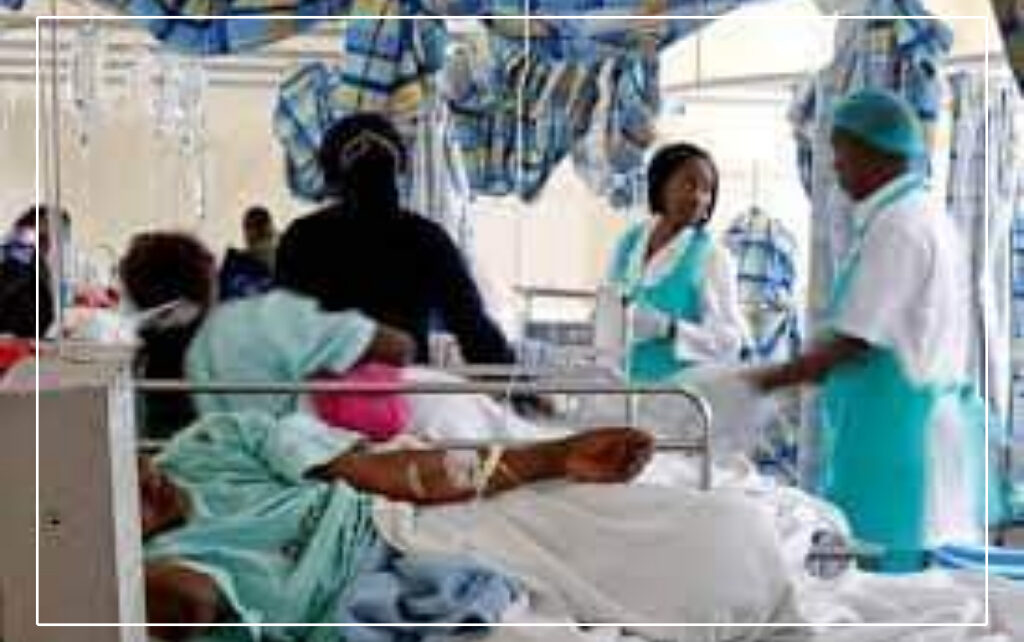The ongoing cholera outbreak in Lagos, Nigeria, has resulted in six additional deaths, bringing the total fatalities to 21 as suspected cases surged by 14.5 percent to reach 401 within a week. This update was provided by Kemi Ogunyemi, special adviser to the state governor on Health, on Thursday.
The most affected areas include Lagos Island, Kosofe, and Eti Osa local government areas, which have recorded the highest number of cases.
Akin Abayomi, the Commissioner for Health, confirmed last week that the state had verified 17 cholera cases from a pool of 350 suspected cases, with 15 of those confirmed cases resulting in deaths. The recent increase in deaths brings the total to 21.
After a meeting with the Lagos State Public Health Emergency Operations Centre (PHEOC), Ogunyemi noted that the rise in cases was expected following the recent Muslim festivity, which involved large gatherings. However, she also reported a decrease in suspected cases in previously affected local government areas due to ongoing interventions and surveillance efforts.
“The Lagos State Government is maintaining rigorous surveillance and monitoring of the situation,” Ogunyemi stated. “We have implemented planned programs and activities to curb the spread.”
She emphasized that the Ministry of Health, in collaboration with the State Ministry of Environment and its agency, the Lagos State Environmental Protection Agency (LASEPA), continues to collect samples from water sources, food, and beverages to identify the contamination source. Surveillance activities have been intensified in communities, especially in the hardest-hit local government areas.
The government is also coordinating with the Ministry of Basic and Secondary Education and the Ministry of Tertiary Education to ensure that schools take all necessary precautions to protect students and staff as they return. Ogunyemi urged residents to remain vigilant, practice good hand hygiene, and engage in community sanitation activities to prevent the spread of cholera.
She advised residents to seek medical attention immediately if they experience symptoms such as watery diarrhea, vomiting, abdominal pain, general malaise, and fever. She stressed that treatment for cholera is available free of charge at all public health facilities.
Governor Babajide Sanwo-Olu is committed to providing quality and affordable health care to Lagos residents, Ogunyemi noted. She extended gratitude to local, national, and international partners—including UNICEF, WHO, NCDC, NIMR, Red Cross, and others—for their support in combating the outbreak.
“Appreciation is also extended to the dedicated team of doctors, nurses, pharmacists, lab scientists, environmental health officers, Water Corporation officers, surveillance officers, heads of agencies, members of PHEOC, and volunteers who are working around the clock to combat the disease and keep Lagos safe,” Ogunyemi added.
